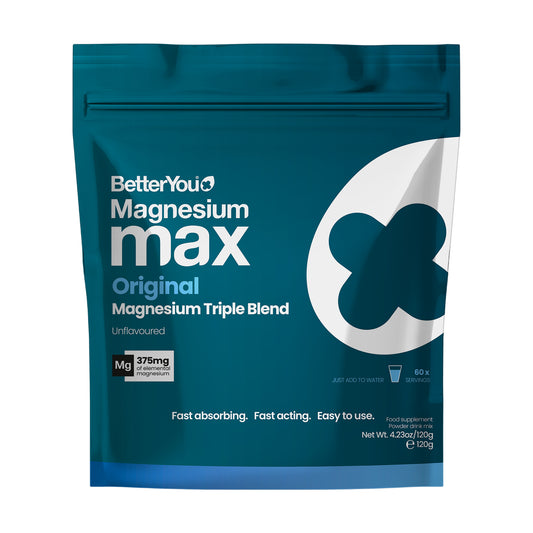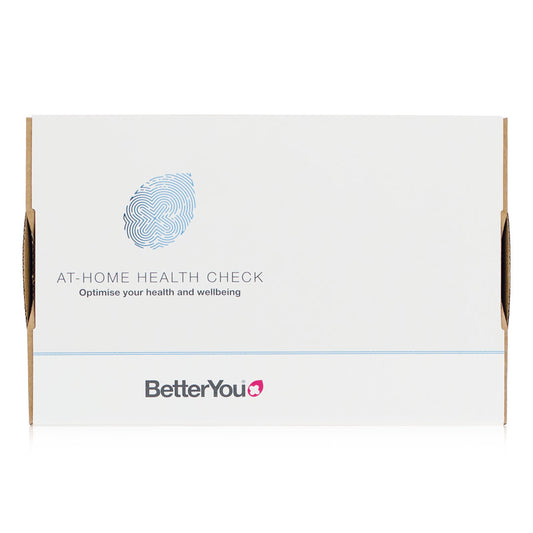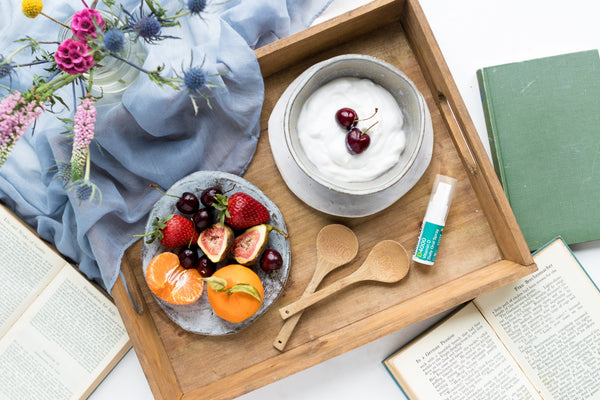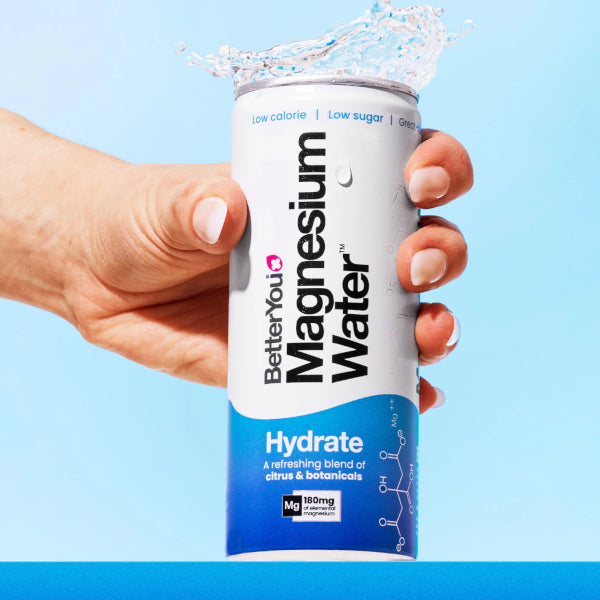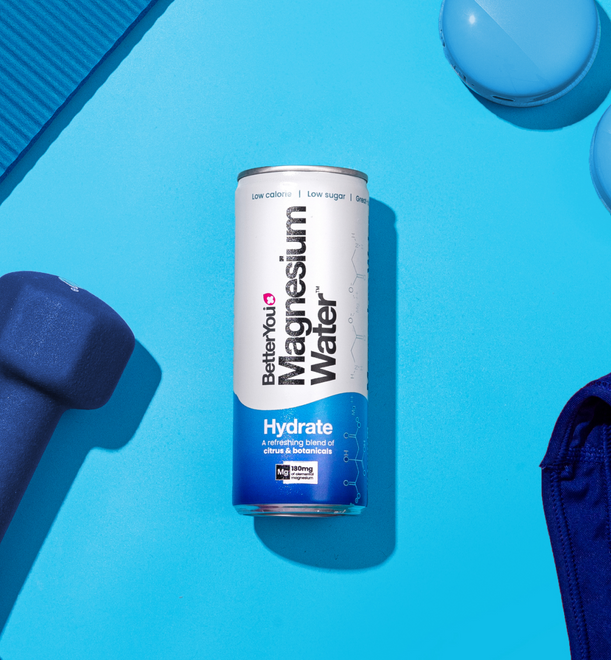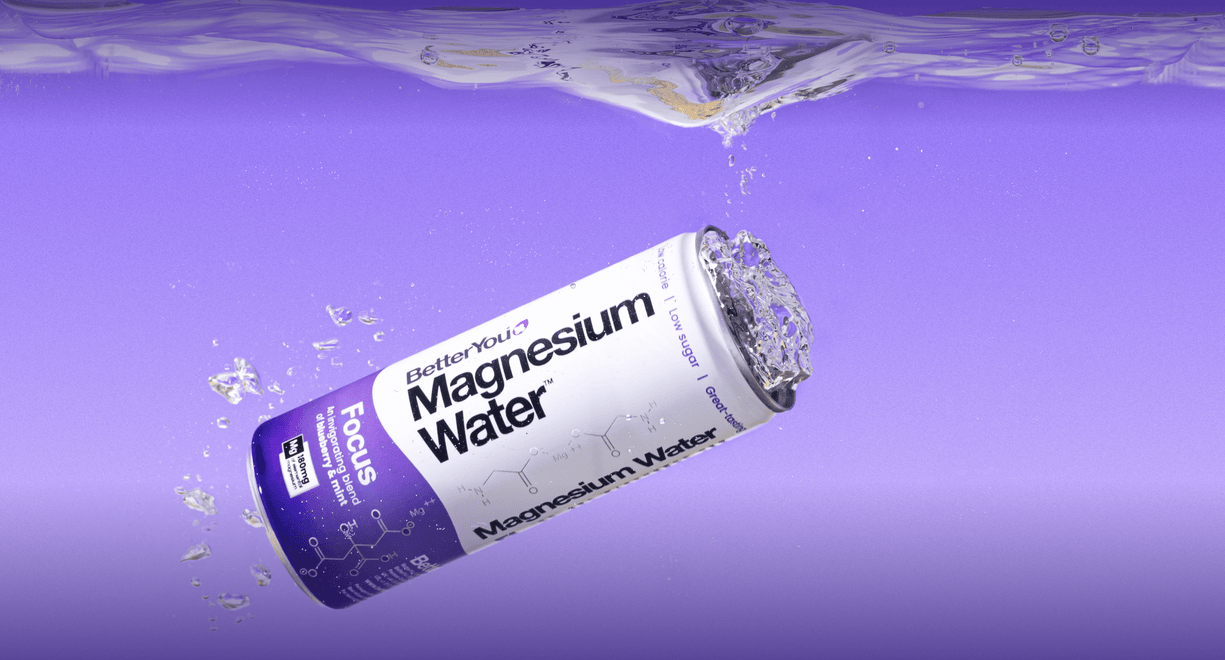We now all accept the vital role vitamin D plays in the support of a healthy body. But the questions we are asked most are… How much is enough?
The answer is complicated by our ever changing diet and lifestyle but let us try to shed a little light on the matter.
Recommended Vitamin D Levels
The UK Department of Health advises the following measurement guidelines:
- 50nmol/l+ = adequate
- 25 - 50nmol/l = insufficient
- <25nmol/l = deficient
This is suitable to discover those at severe risk but does not guide us to attaining a level that ensure robust health. For this we must look to what level of vitamin D ensures the best resistance to those diseases encouraged by a low immune system.
Why Do We Need Vitamin D?
Vitamin D is a known contributor to an effectively robust immune system. Our immune system protects us, not only from coughs and colds but from a host of other diseases known as autoimmune, or comorbid diseases. These include MS, diabetes and a growing number of internal cancers including breast cancer.
A serum level of 50nmol/l is known to offer effective resistance to rickets in children and bone-related disease in adults. However other autoimmune diseases require a much higher level of vitamin D to resist them and the table below illustrates a number of them. In general a serum level of 100-150nmol/l (40-60ng/ml) is required to offer effective resistance.

Raising Vitamin D Levels
To elevate a person’s serum level to 100-150nmol/l (40-60ng/ml) living a modern life in the Northern Hemisphere requires a level based on their skin pigmentation and basic body size. Our on-going partnership with Sandwell and West Birmingham NHS Trust, has shown an average adult will require 2000-3000IU daily (50-75mcg) in order to maintain healthy serum level.
If the subject suffers from initially low levels (below 50nmol/l) them a ‘loading dosage’ will be recommended by the doctor which will often be twice or three times that of the maintenance level for a period of one or two months. Thereafter a maintenance level is taken. In our experience, using a daily oral spray, a deficiency can be easily turned into an optimal level within 10 weeks.
Darker skin pigmentation has a natural resistance to UV radiation and so the low UVB radiation of the Northern Hemisphere provides very little additional support. Even in the summer months, a person with darker skin pigmentation will require longer exposure to the sun’s rays than a person of lighter pigmentation. Supplementation however would be the same.
Supplementing Vitamin D
Our range of vitamin D oral sprays provides different strengths tailored for different ages.

